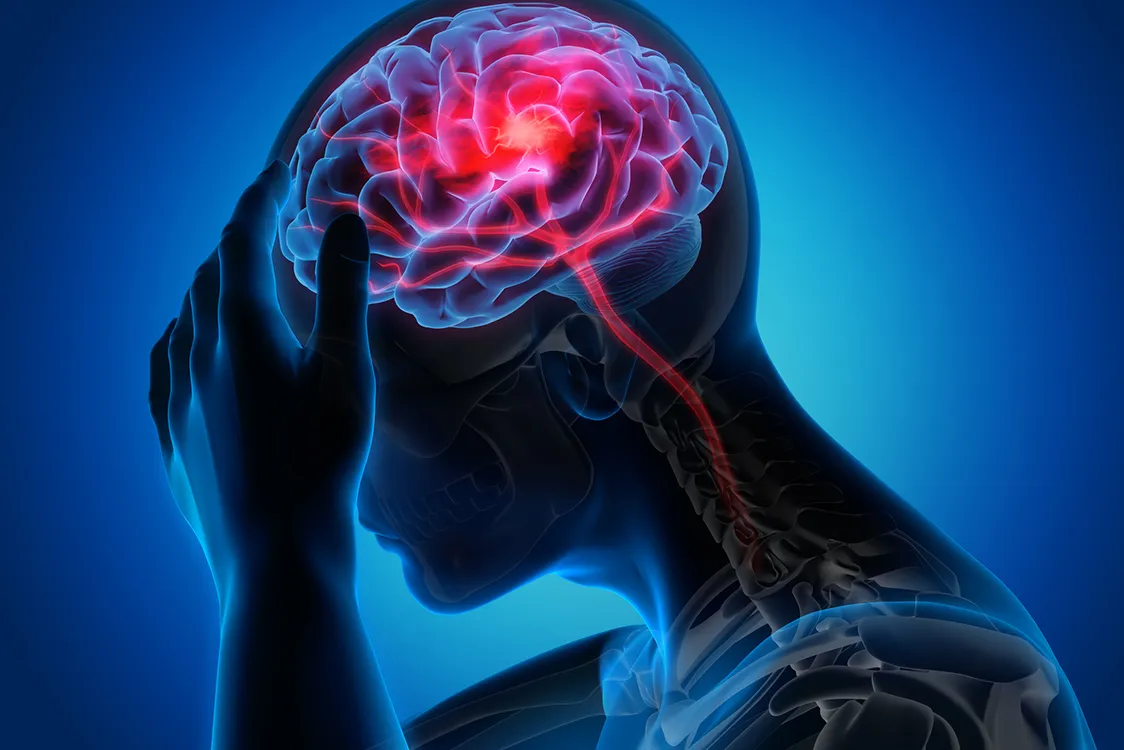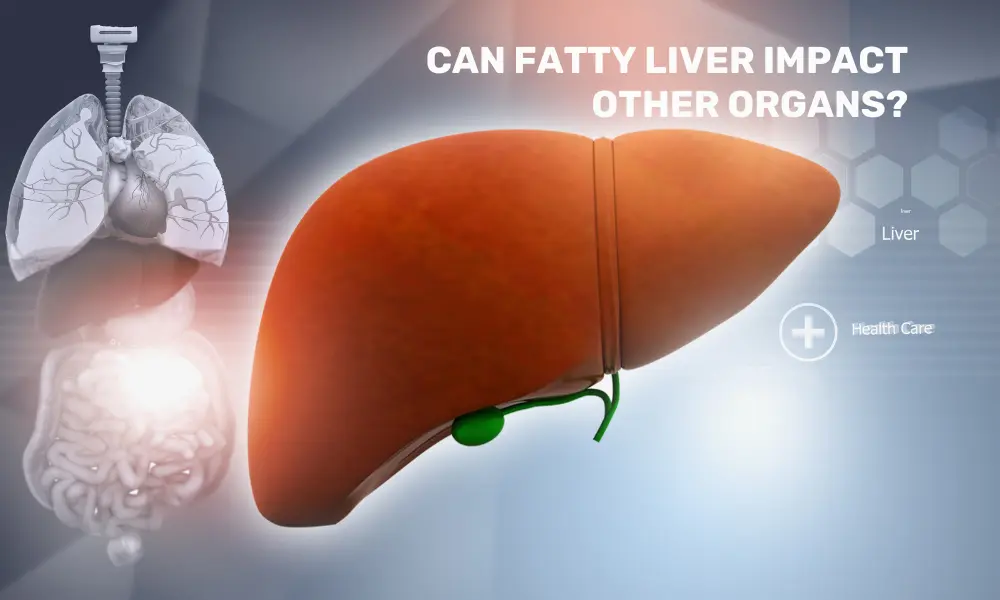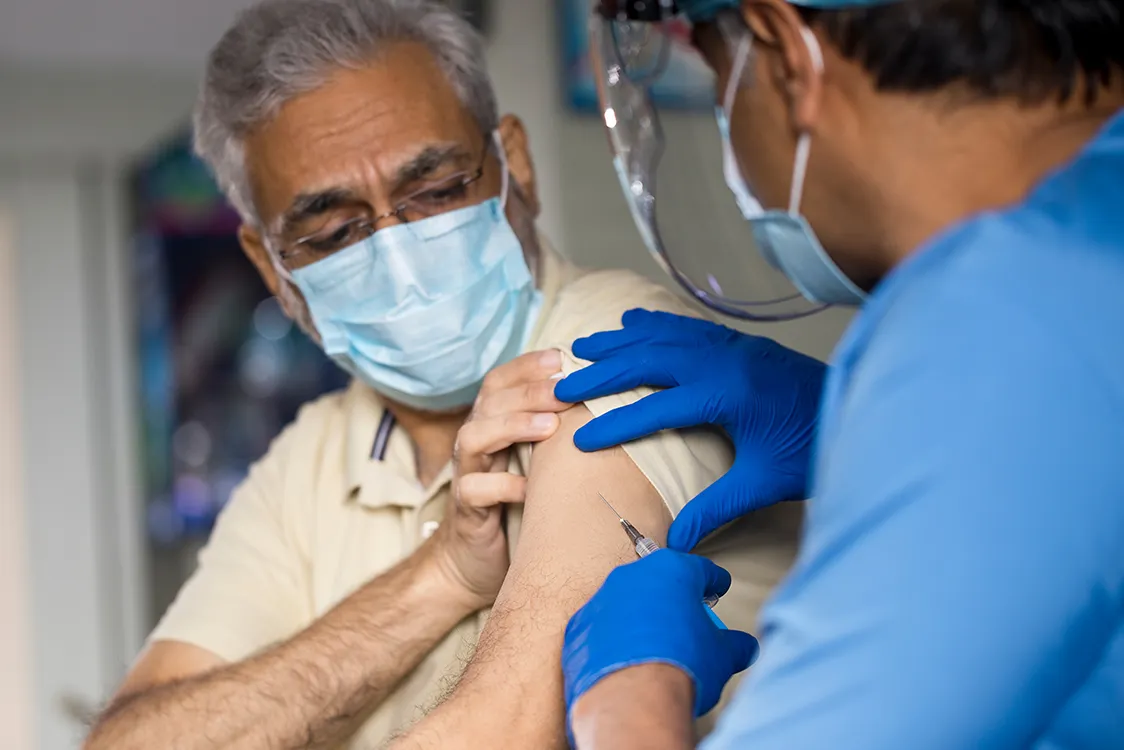According to a study published in the journal Neurology, the time that people reported drinking moderately or heavily increased their risk of stroke. A moderate or heavy drinker consumes 105 grams or more per week. This equates to 15 ounces daily, or just a little more than one drink.
New Delhi: Researchers have cautioned that people in their 20s and 30s who consume moderate to heavy amounts of alcohol may be more susceptible to having a stroke as young adults than those who consume little to no alcohol.
The risk of stroke increased, according to a study published in the journal Neurology, the longer people reported drinking moderately or heavily.
According to study author Eue-Keun Choi of Seoul National University in South Korea, “The rate of stroke among young adults has been increasing over the last few decades, and stroke in young adults causes death and serious disability.”
“Reducing alcohol consumption could have a significant impact on people’s health and the overall burden of stroke on society,” Choi continued.
Moderate or heavy drinkers consumed 105 grams or more each week. This equates to 15 ounces daily, or just a bit more than one drink.
The amount of alcohol in a typical drink is about 14 grams, equal to 12 ounces of beer, 5 ounces of wine, or 1.5 ounces of liquor.
The study included over 1.5 million participants. Three thousand one hundred fifty-three people experienced a stroke during the study.
About 20% more people had strokes during the study than light drinkers or those who abstained from alcohol if they had been moderate to heavy drinkers for two or more years.
The risk of stroke increased with the duration of moderate to heavy drinking.
Two years of moderate to heavy drinking was associated with a 19% increased risk, three years with a 22% increased risk, and four years with a 23% increased risk.
These findings came after the researchers considered additional risk factors for stroke, such as high blood pressure, smoking, and body mass index.
A higher risk of hemorrhagic stroke is primarily brought by the association or stroke brought on by brain bleeding.
“Any strategy to prevent stroke should emphasize reducing alcohol consumption in young adults with heavy drinking habits,” Choi said.





